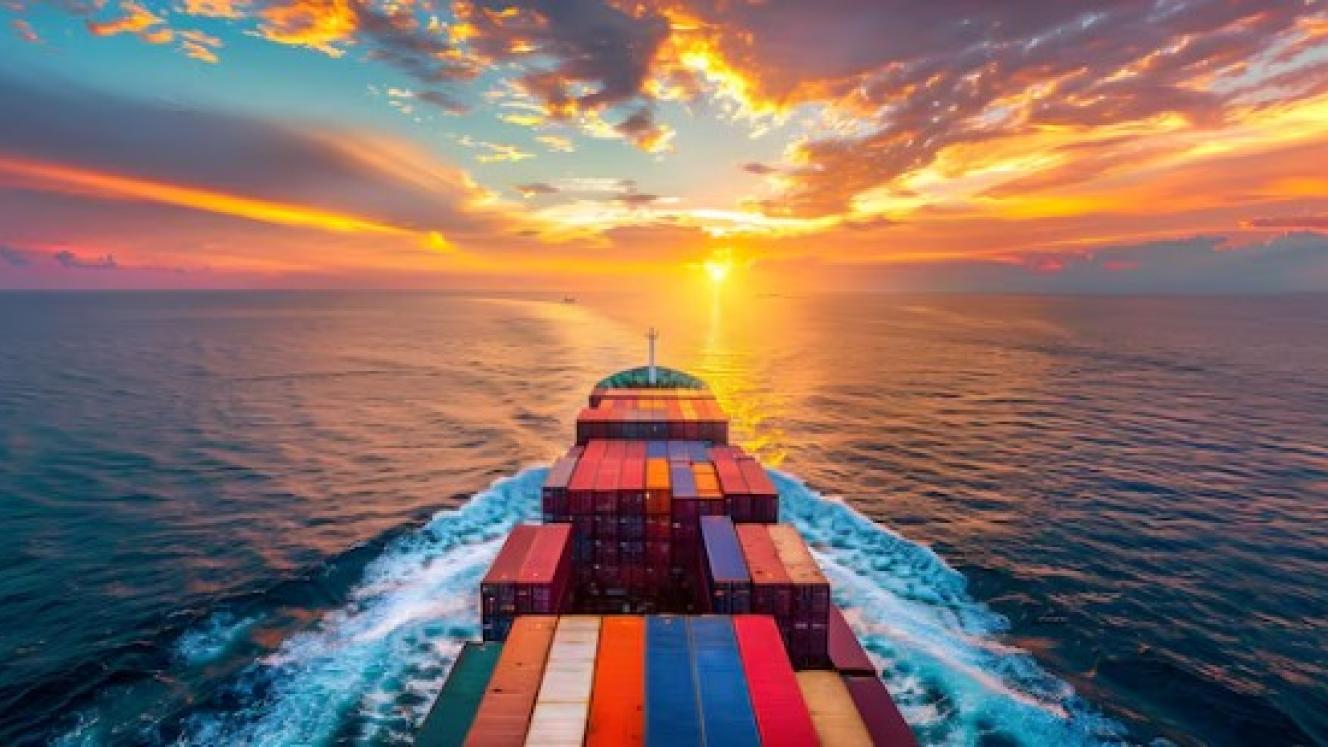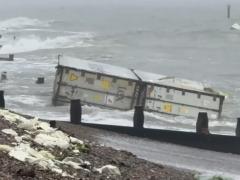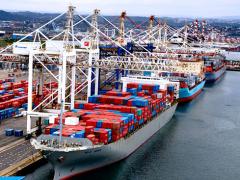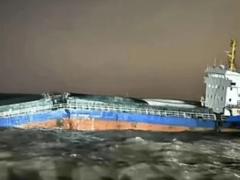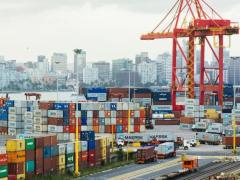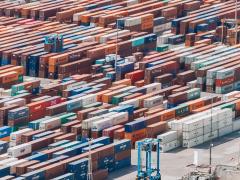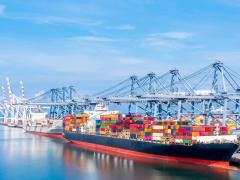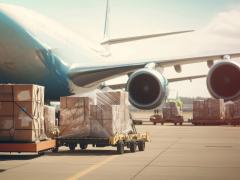Seafarer vaccination is critical to keep the momentum going in the repatriation of seafarers caught up in the Covid-induced crew change crisis, International Maritime Organization (IMO) secretary-general Kitack Lim has said.
Based on industry analysis, the number of seafarers requiring repatriation after finishing their contracts has declined - from a high of around 400 000 in September 2020 to around 200 000 as of March 2021 - with a similar number waiting to join ships.
But the crisis is far from over, he points out.
“Now, more than ever, seafarers need to be designated as key workers to ensure priority vaccination and access to safe transit and travel.”
In Lim’s view, one of the major achievements of last year contributing to the reduction in the number of stranded seafarers was the adoption of the United Nations Assembly resolution calling on UN member states to designate seafarers and other marine personnel as key workers and to implement relevant measures to allow stranded seafarers to be repatriated and others to join ships, and to ensure access to medical care.
“But we cannot be complacent. Fewer than 60 countries so far have heeded our call for seafarers to be designated as key workers. More countries need to do so if we are to resolve this crisis and ensure seafarers are treated fairly and that their travel to and from their place of work is properly facilitated. There is still a long way to go before we are back to a normal crew-change regime.”
He has appealed to governments to identify and prepare for the challenges of the vaccination of seafarers who spend long periods of time away from their home countries. “We need to continue to work together to develop relevant protocols and guidance around vaccine certification. This is particularly important as any barriers to travel created by national vaccine protocols may further complicate an already difficult crew-change situation”.

